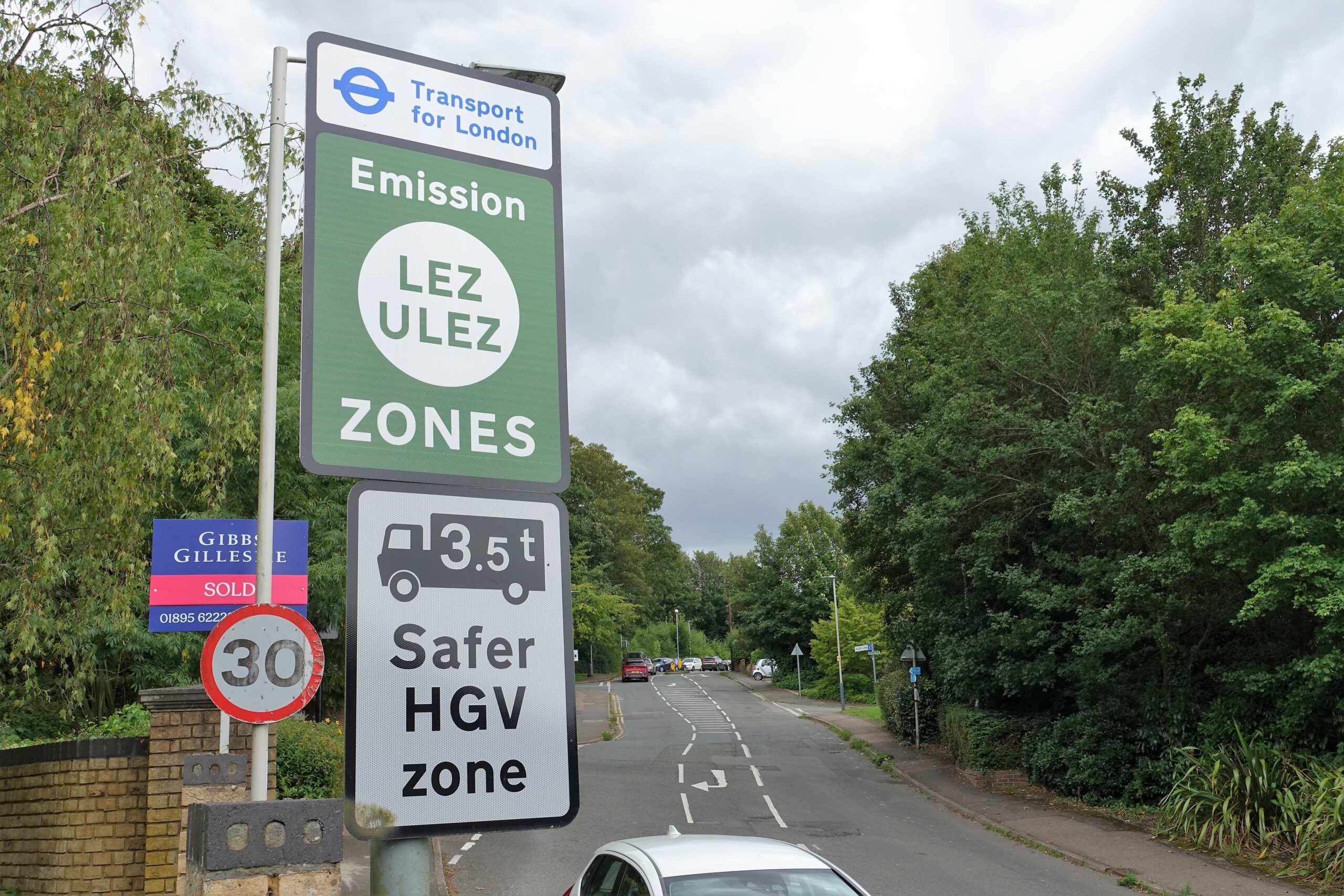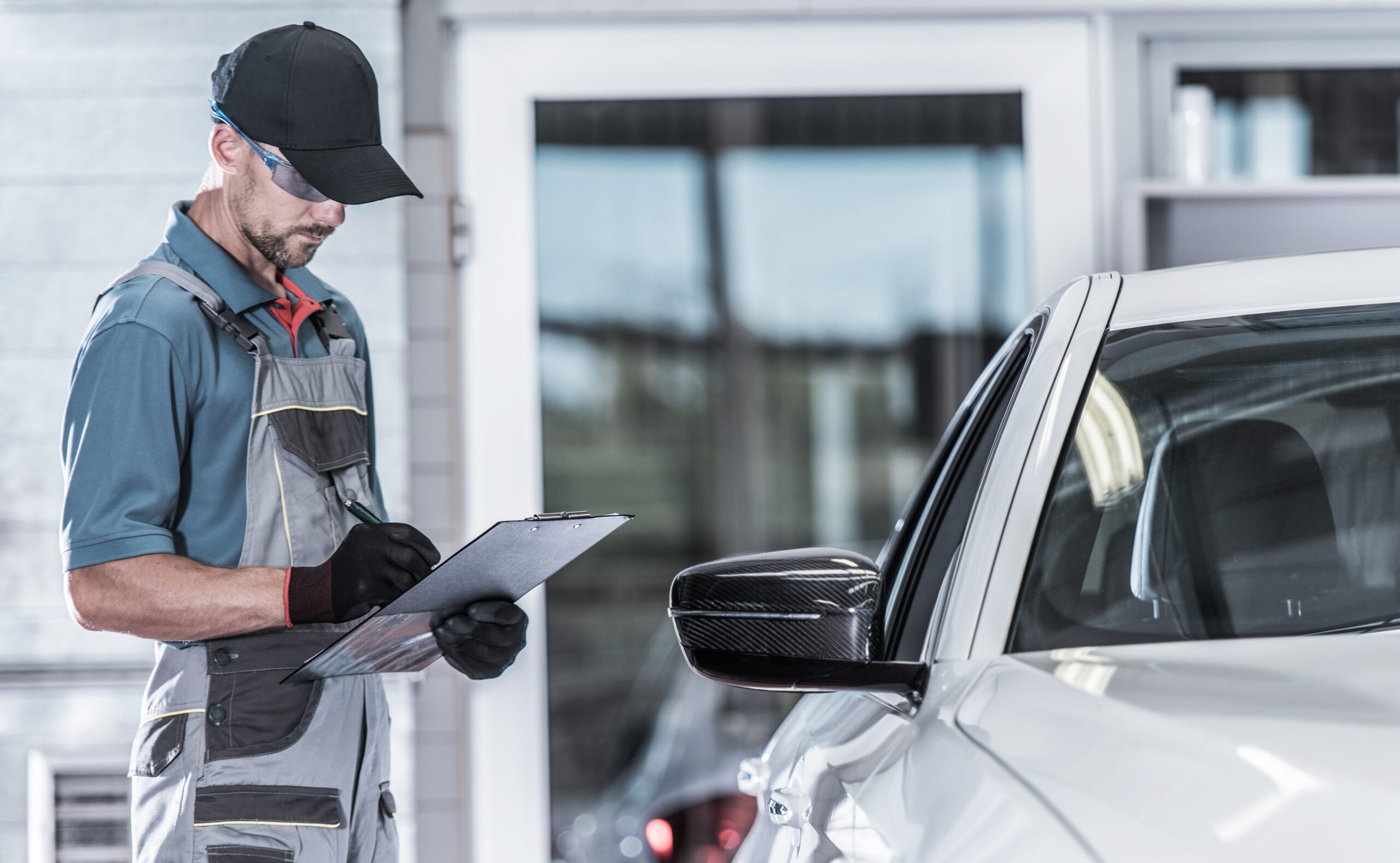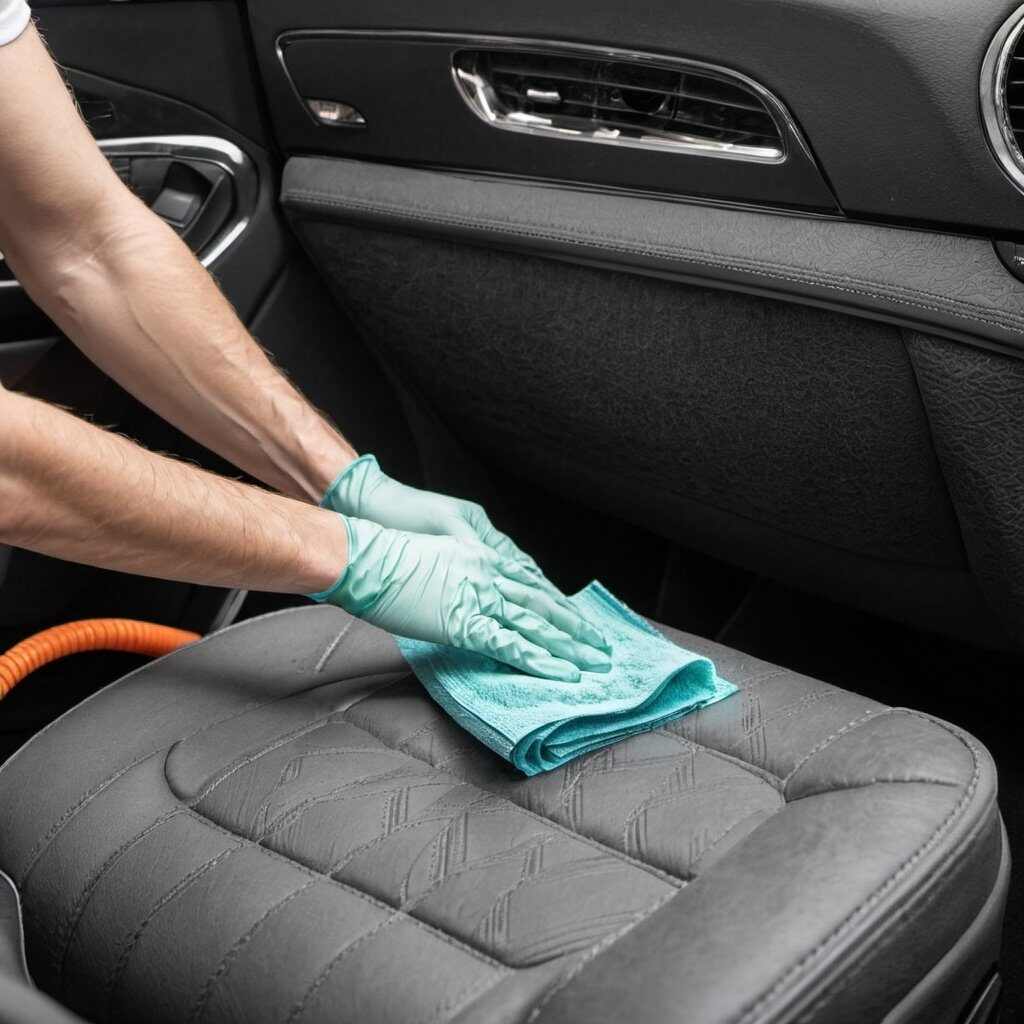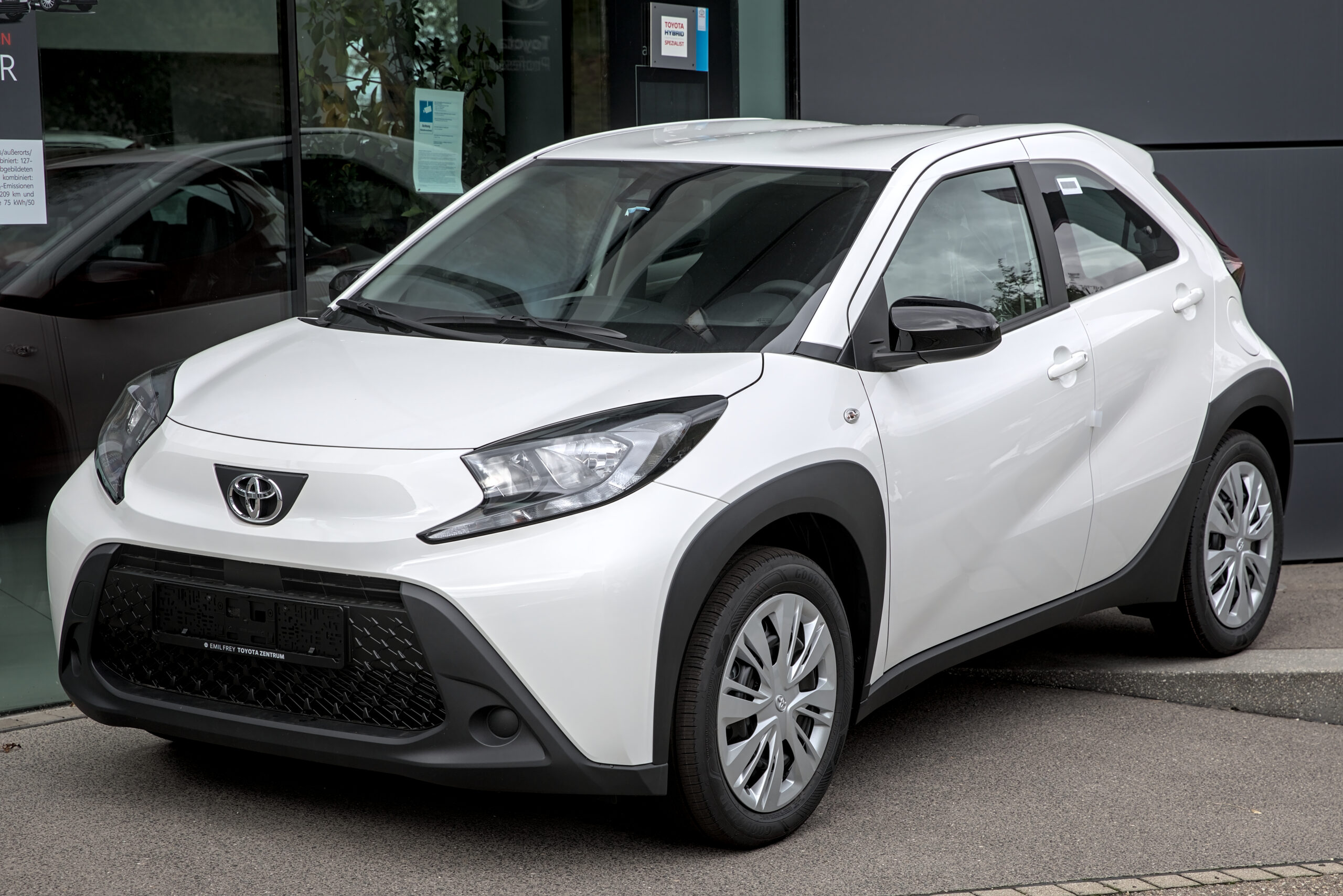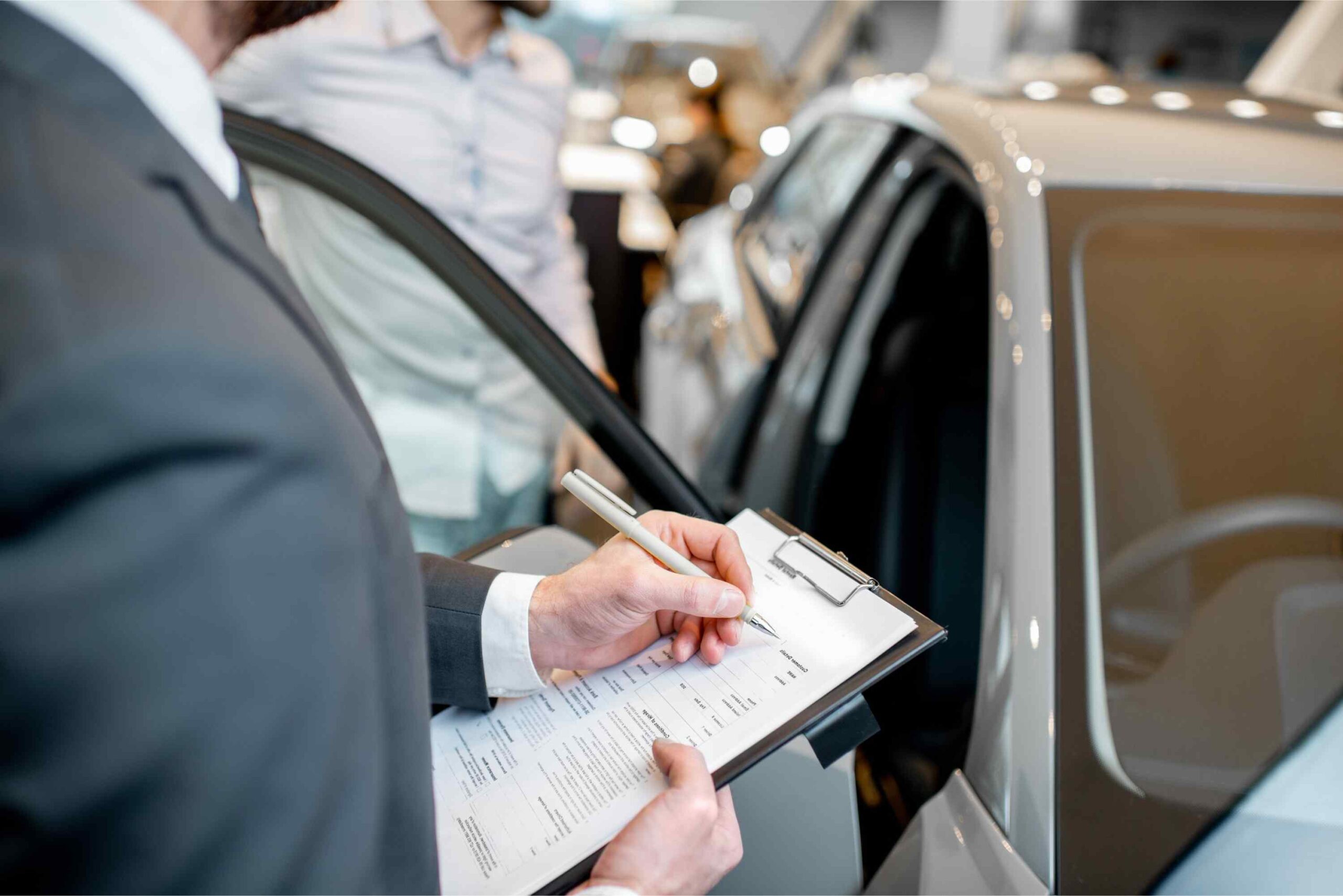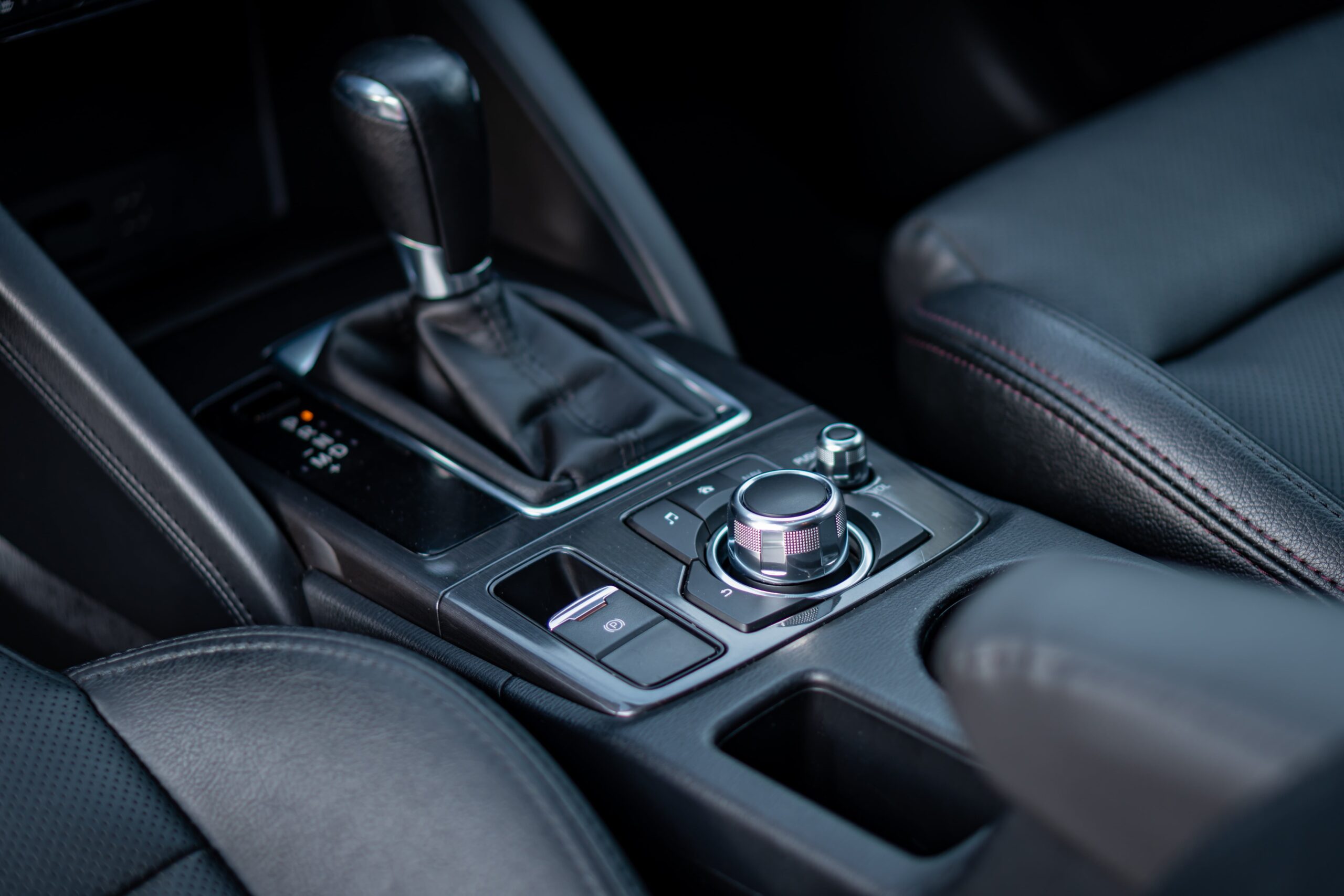
How Do I Check MOT Online?
Are you planning to buy a new car or recently purchased one? Well, the first thing you need to check MOT date. A valid MOT is a legal requirement that ensures the roadworthiness of your vehicle is always up to standard. Drivers must undertake a mandatory test annually to get their roadworthiness certificate.
As a driver, it’s essential to know how to check MOT test date so you don’t get slapped with a fine or, worse, have your car seized. In this article, we will guide you through how to check your MOT online.
What is MOT?
MOT stands for Ministry of Transport. An MOT is an annual test conducted to assess vehicle safety, roadworthiness, and environmental standards.
Important: It is a legal requirement for most vehicles aged three years or older to undergo an MOT test.
During the MOT test, certified technicians examine various vehicle components, including brakes, lights, steering, suspension, tires, emissions, etc. The test aims to ensure that the vehicle meets the minimum safety and environmental impact standards set by the DVSA (Driver and Vehicle Standards Agency).
If a vehicle passes the MOT test, it receives a valid MOT certificate, usually good for one year from the test date.
The certificate confirms that the vehicle has met the necessary criteria during testing. Similarly, it assures that both the owner and potential buyers that the car is roadworthy and complies with the legal requirements.
It’s important to note that an MOT certificate does not guarantee the vehicle’s future condition or reliability. However, it only reflects the state of the car at the time of testing. Although, regular maintenance and servicing are still essential to ensure ongoing safety and performance.
RELATED: Sell My Car: DVLA Complete Guide
What Happens if MOT is Past Due?
It is important to mention the legalities surrounding driving without an MOT if you are heading to a test centre with a booked appointment. In such cases, as long as you can provide proof of your appointment, you are generally allowed to drive your vehicle to the test centre.
However, this exception should not be used as an excuse to delay or ignore your MOT obligations. Getting your MOT done before it expires is always advisable to ensure legal compliance and prioritise road safety. Driving without a valid MOT certificate, even with a booking, can still result in penalties and compromise the safety of yourself and others on the road.
Failing to have a valid MOT certificate or driving a vehicle that does not meet the MOT standards can result in:
- Legal penalties
- Invalidation of insurance
- Potential risks to yourself and others on the road
Therefore, it is crucial for vehicle owners to schedule and complete the annual MOT test to comply with the law, maintain road safety, and demonstrate responsible vehicle ownership.
Yes, We Buy Any Car!
Looking to upgrade your ride? Discover how much your vehicle is worth. It’s free and easy – and the cash offer will put a smile on your face!
Check MOT Online
The easiest way to check your MOT test date is online. The Driver and Vehicle Standards Agency (DVSA) provide an online portal where you can check my MOT status.
To check your MOT history, take note of the 11-digit reference number from your car’s V5C registration certificate.
Go to the DVSA’s MOT tool page and enter your reference and vehicle registration numbers. The site will then display information about your car’s MOT status, test centre details, and the date and mileage of your last MOT test.
Checking MOT online is a relatively simple process, saving you much time instead of visiting an MOT testing centre.
RELATED: What Happens if your Car Fails an MOT?
What to Know When You Check Your MOT
Remember that checking your MOT online only provides information about the current MOT status of your vehicle. It does not provide details about the vehicle’s condition or any potential issues that may arise during the test. If you have concerns about your car’s roadworthiness, we recommend further testing or visiting a mechanic.
Checking your MOT status regularly is crucial, as driving without a valid MOT can lead to legal penalties and may affect your vehicle insurance. By staying up to date with your MOT, you demonstrate responsible vehicle ownership and ensure the safety and compliance of your car on the road.
Check MOT via Text Message
If you don’t have internet access, the next best way to check your MOT test date is by sending a simple text. All you need to do is send an SMS to 78888, with the message “MOT,” followed by a space and the vehicle registration number.
In response, you will receive a text message from the DVSA with your vehicle’s MOT status and the expiry date. The SMS method to check MOT history is quick, easy, and provides the required information on your car’s MOT status within seconds.
Check MOT on Car by Phone
If you prefer to talk to a human being or don’t like sending text messages, you can call the MOT enquiry line on 0300 123 9000. To check MOT on car by phone, you will need to provide your vehicle registration number to the agent, and they will give you the MOT test date, MOT expiry date and provide you with more information about your vehicle’s MOT status.
Check Car MOT in the Test Centre
If you need clarification about your vehicle’s MOT status and none of the above methods works, you can always check MOT on car in person at your local MOT testing centre.
The list of MOT testing centres is available on the DVSA’s website. Equaully important, it will be able to check your MOT test status and give you all the information you need about when your MOT date is due.
Final Thoughts: Don’t Delay Checking MOT History
As a driver, it’s your responsibility to make sure your vehicle undergoes regular MOT testing. Failing to do so could result in a fine or even having your car seized. Checking your MOT status is a straightforward process which you can do online, via text, by phone or by visiting an MOT testing centre.
So, the next time you need to find out when your car’s MOT is due, use one of these methods and stay on the right side of the law.
Yes, We Buy Any Car!
Looking to upgrade your vehicle? Discover how much your car is worth. It’s free and easy – and the cash offer will put a smile on your face!
FAQ
Do all vehicles require an MOT?
Most vehicles aged three years or older are required to have a valid MOT certificate. However, there are some exemptions for certain types of vehicles, such as electric vehicles and historic vehicles.
How often do I need to get an MOT?
In general, vehicles need to undergo an MOT test once a year. The first MOT is required after three years of vehicle registration, and subsequent tests are required annually.
Where can I get an MOT test?
A: MOT tests can only be conducted at authorised MOT testing centres. As a rule, these centres have certified technicians and the necessary equipment to perform the inspection.
What does the MOT test involve?
During the MOT test, various components and systems of the vehicle are examined, including brakes, lights, steering, suspension, tires, emissions, and more. The aim is to ensure the vehicle meets the minimum safety and environmental standards.
What happens if my vehicle fails the MOT test?
If your vehicle fails the MOT test, you will receive a VT30 certificate outlining the reasons for the failure. You must address the identified issues and rebook a new test to obtain a valid MOT certificate.
Can I sell my car without an MOT?
Your potential buyer expects at least 3 months before your MOT expires. Indeed, we recommend obtaining a fresh MOT certificate before selling your car.
Can I buy a car without a valid MOT?
It’s recommended that you request a fresh MOT done before agreeing to purchase a car. This best practice ensures your legal rights as an owner and the car’s roadworthiness.
Can I drive my vehicle without a valid MOT certificate?
Driving a vehicle without a valid MOT certificate, if required, is illegal and can result in penalties, fines, and invalidation of insurance. Please note that having a valid MOT certificate is essential to comply with the law.
How long is the MOT certificate valid?
A valid MOT certificate has a validity period of one year from the test date. It signifies that the vehicle met the necessary standards during testing.
Can I check the MOT status of a vehicle?
Yes, you can check the MOT status of a vehicle online. This allows you to verify the validity of the MOT certificate and review the test results.
Is an MOT certificate a guarantee of a vehicle’s future condition?
No, an MOT certificate reflects the vehicle’s condition at the time of testing. However, it does not guarantee the future reliability or condition of the vehicle. Consequently, regular maintenance and servicing are still necessary to ensure ongoing safety and performance.
Useful articles:
How to Sell a Car in 2023: Definitive Guide
What is the Best Season to Sell My Car?
Common Scams When Selling a Car for Cash
What Documents Do I Need to Sell My Car in The UK? (The Definitive Guide!)

